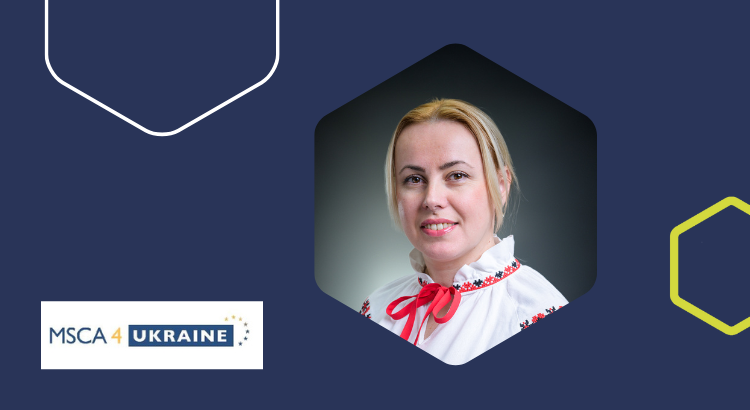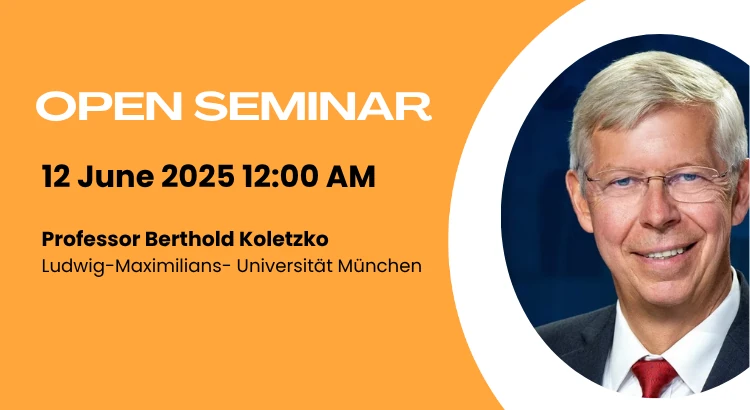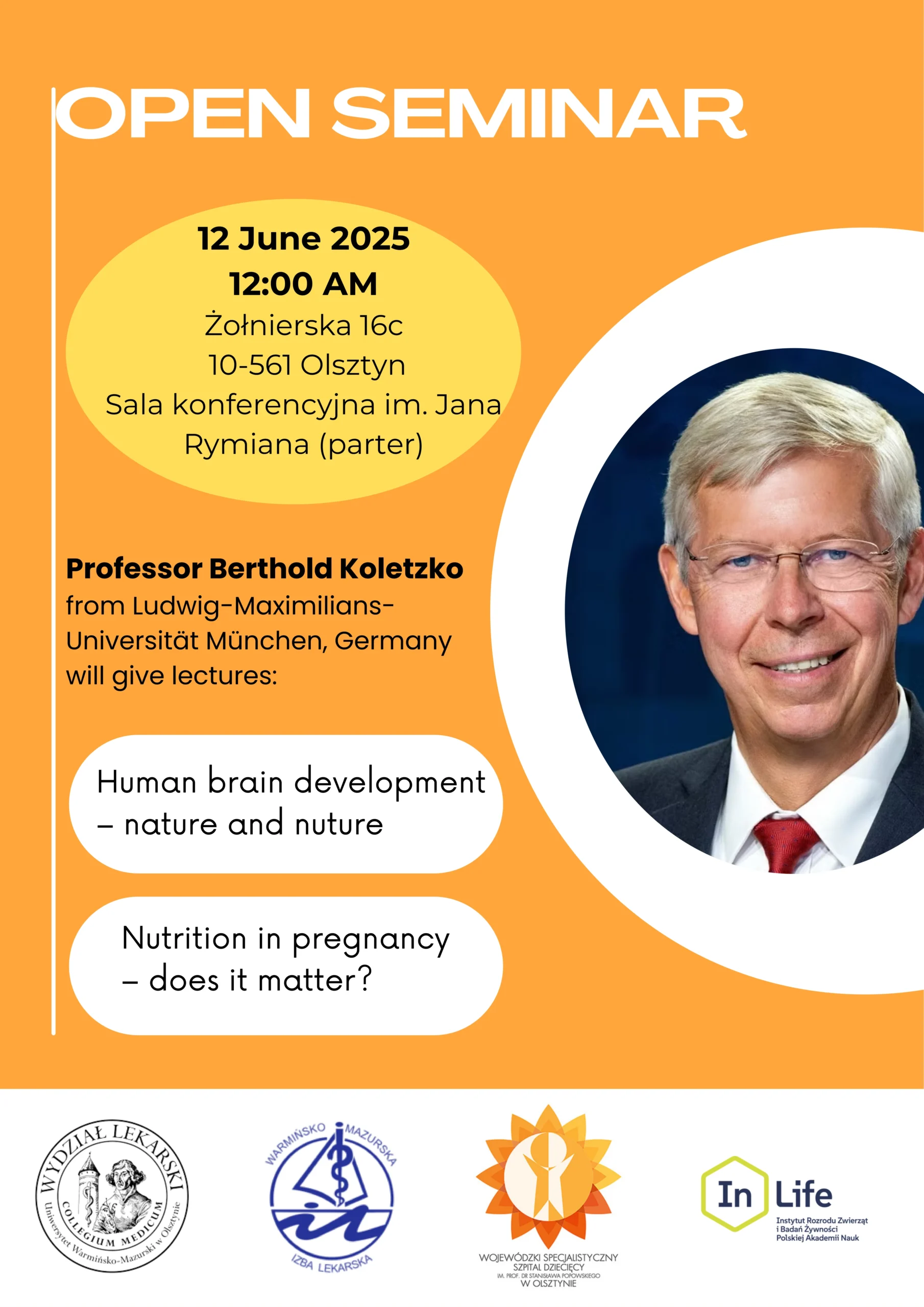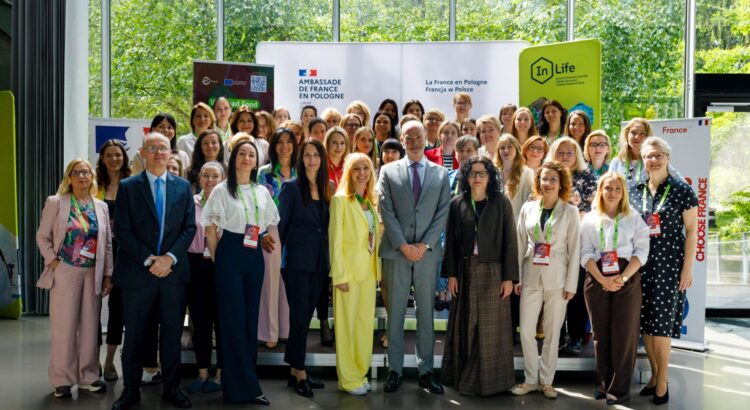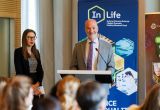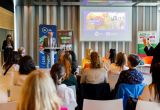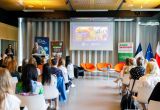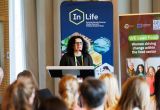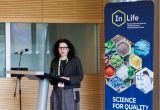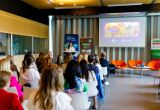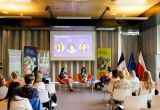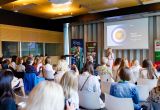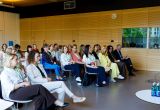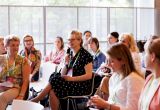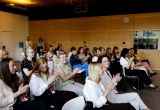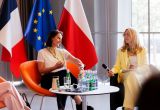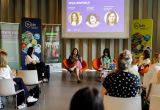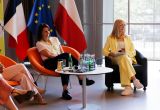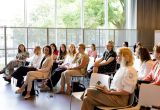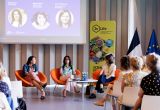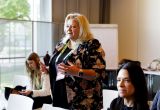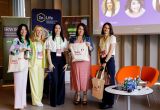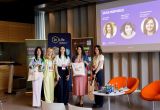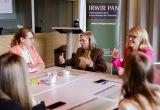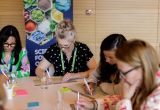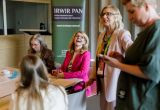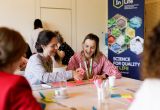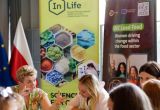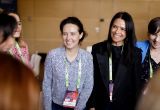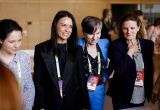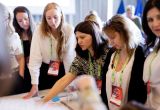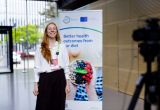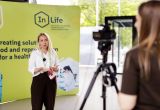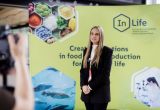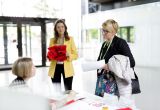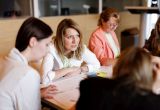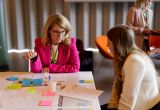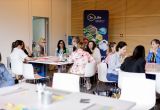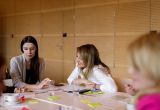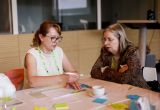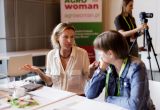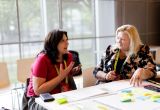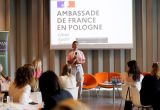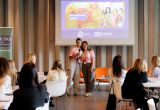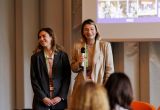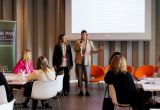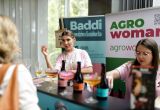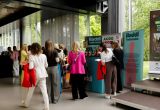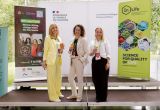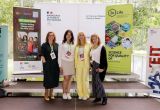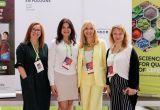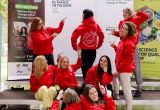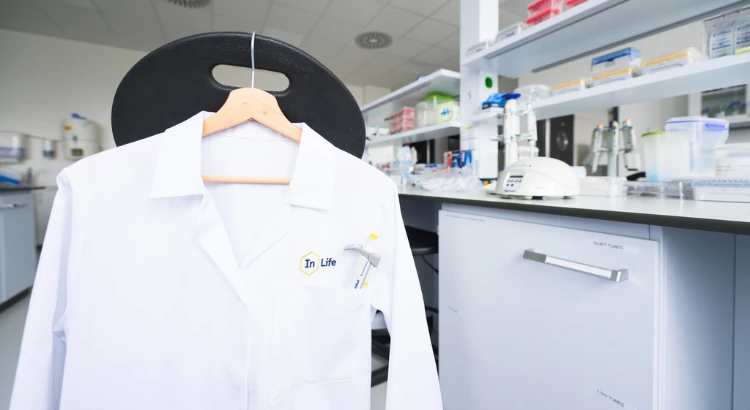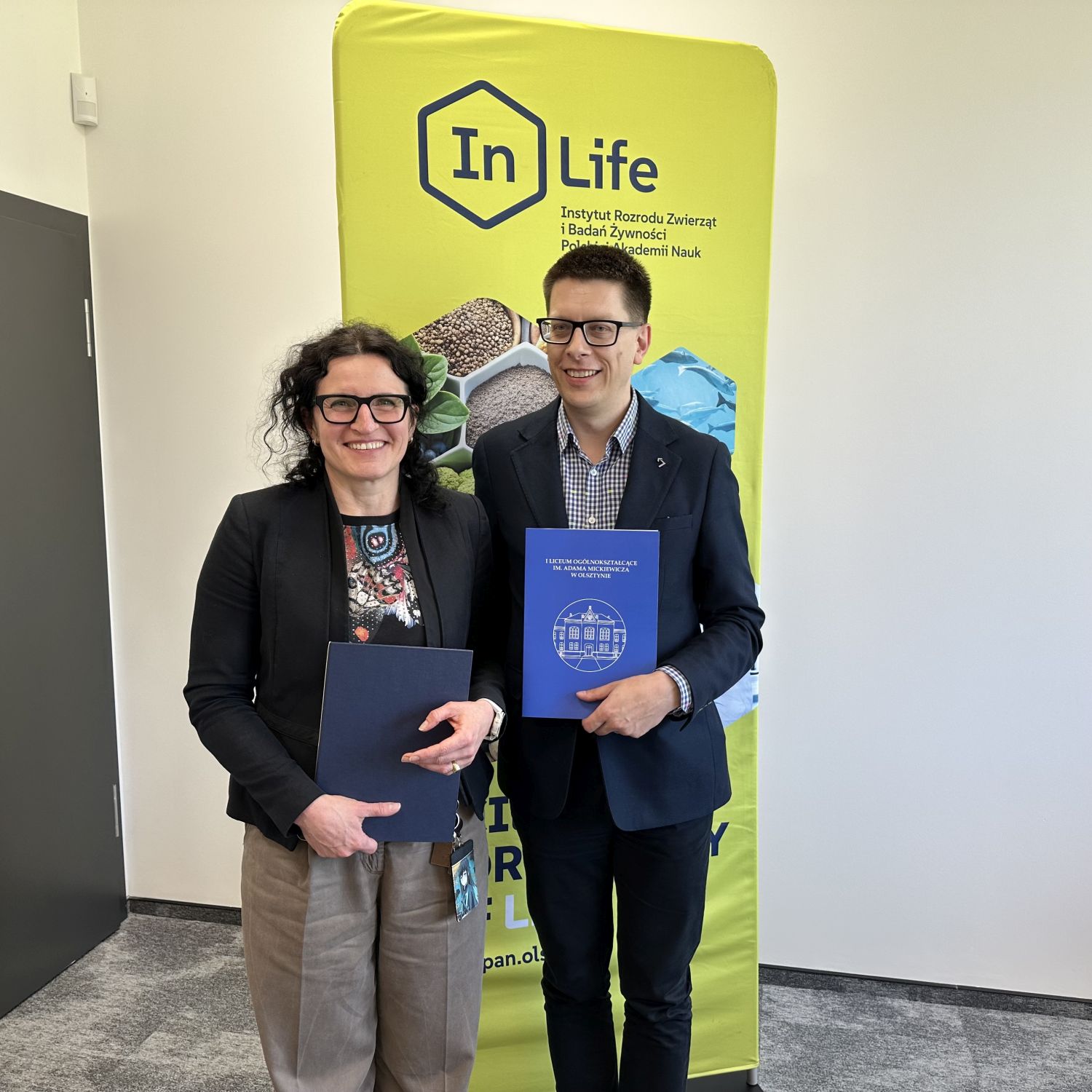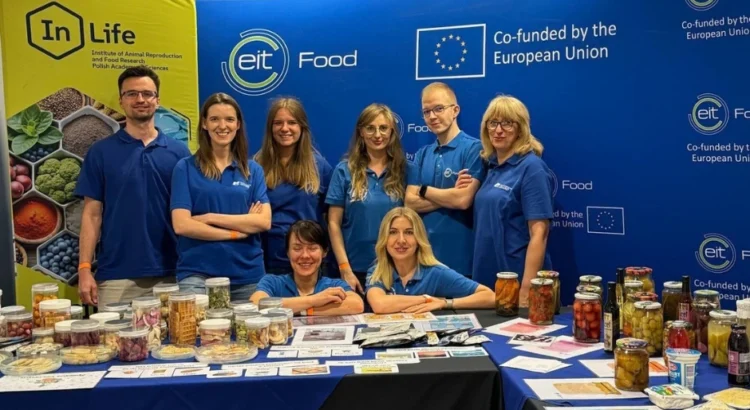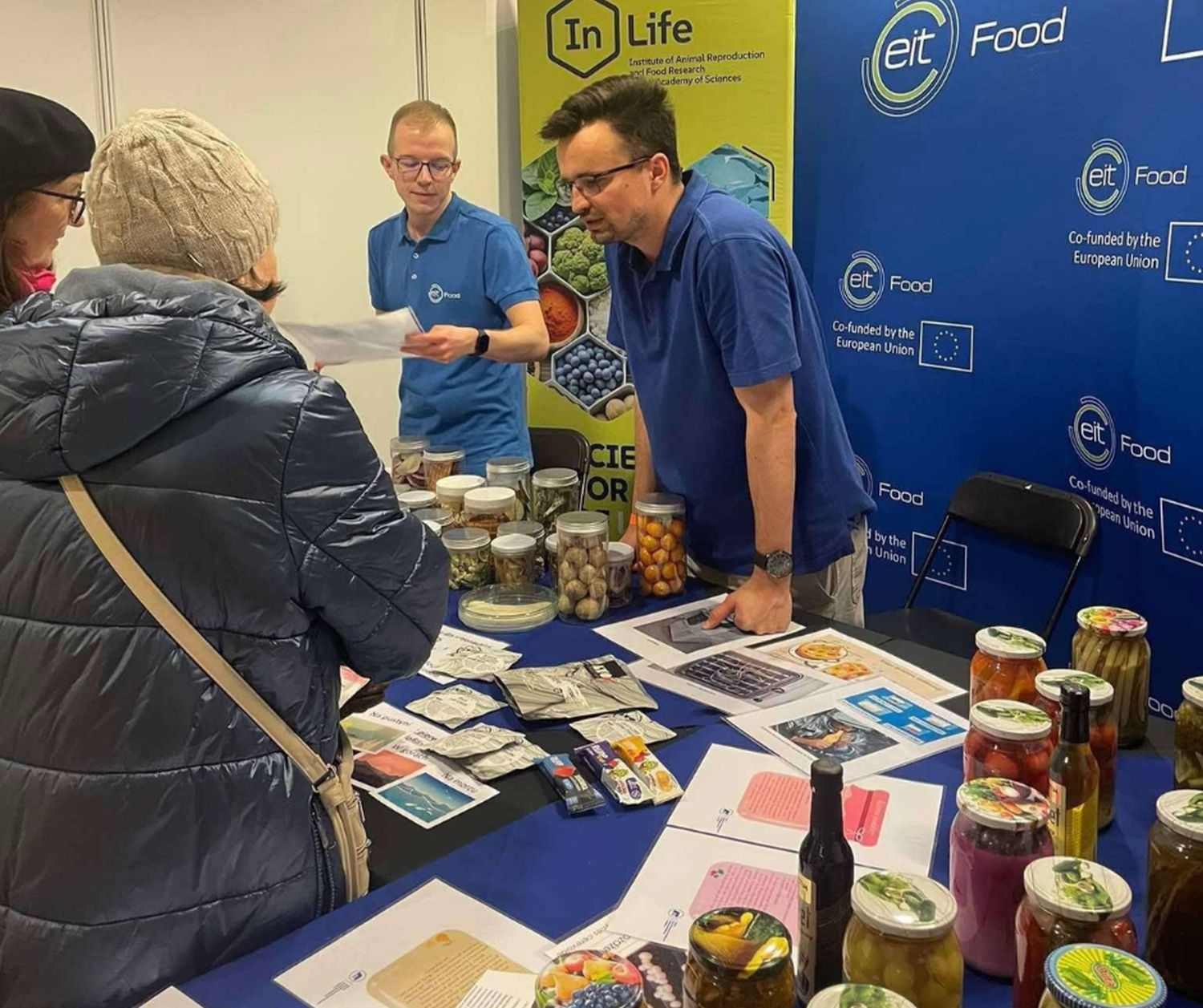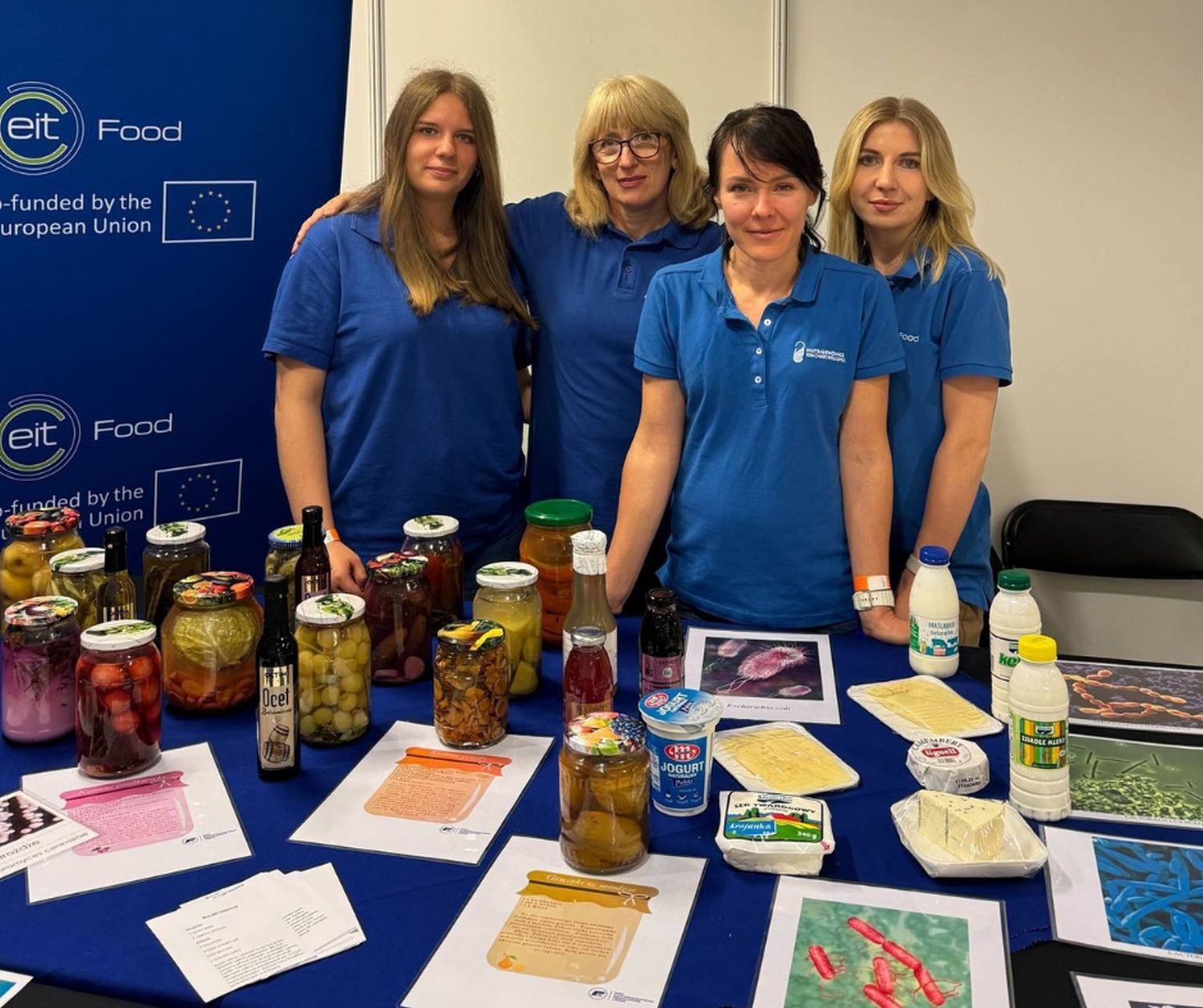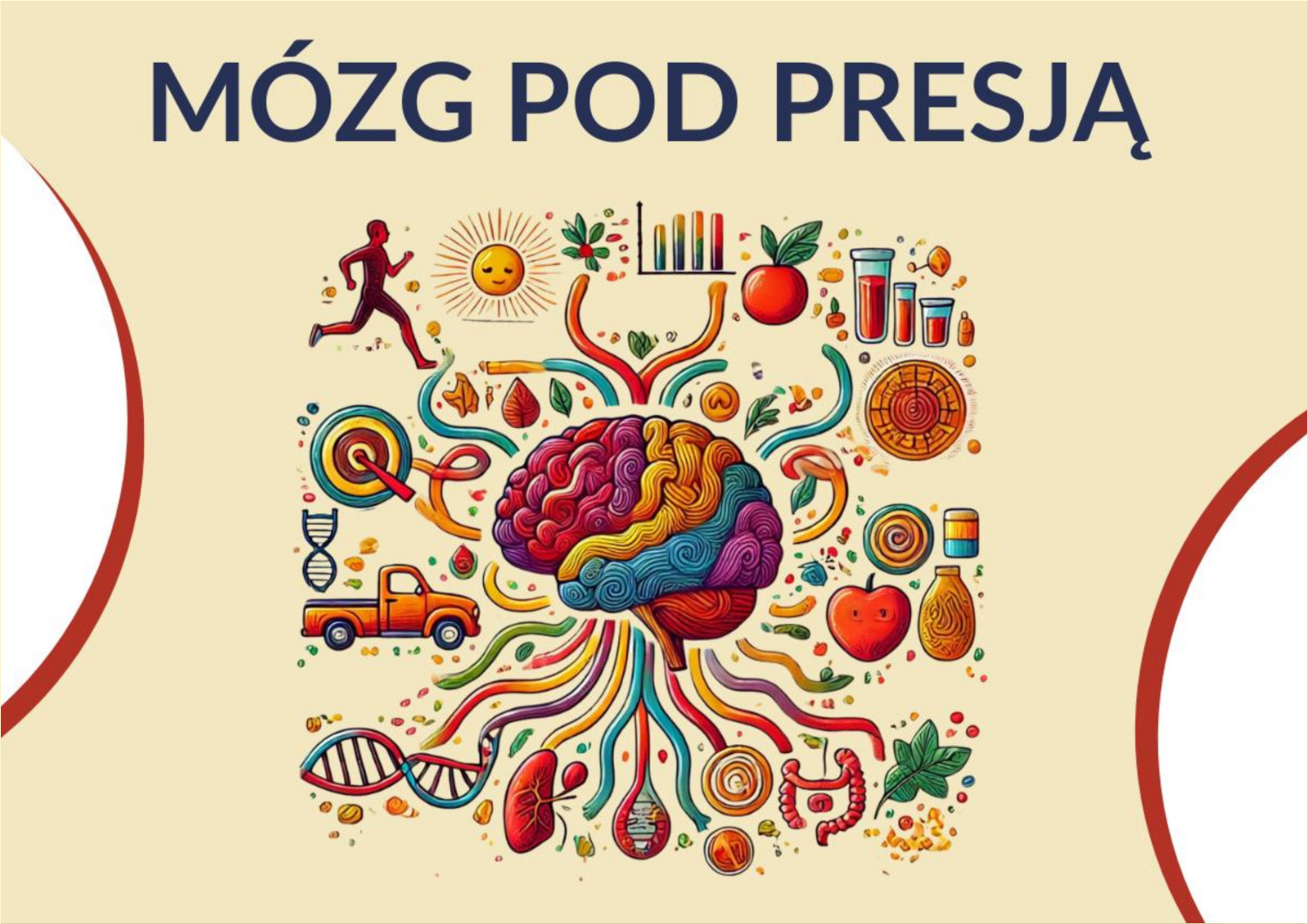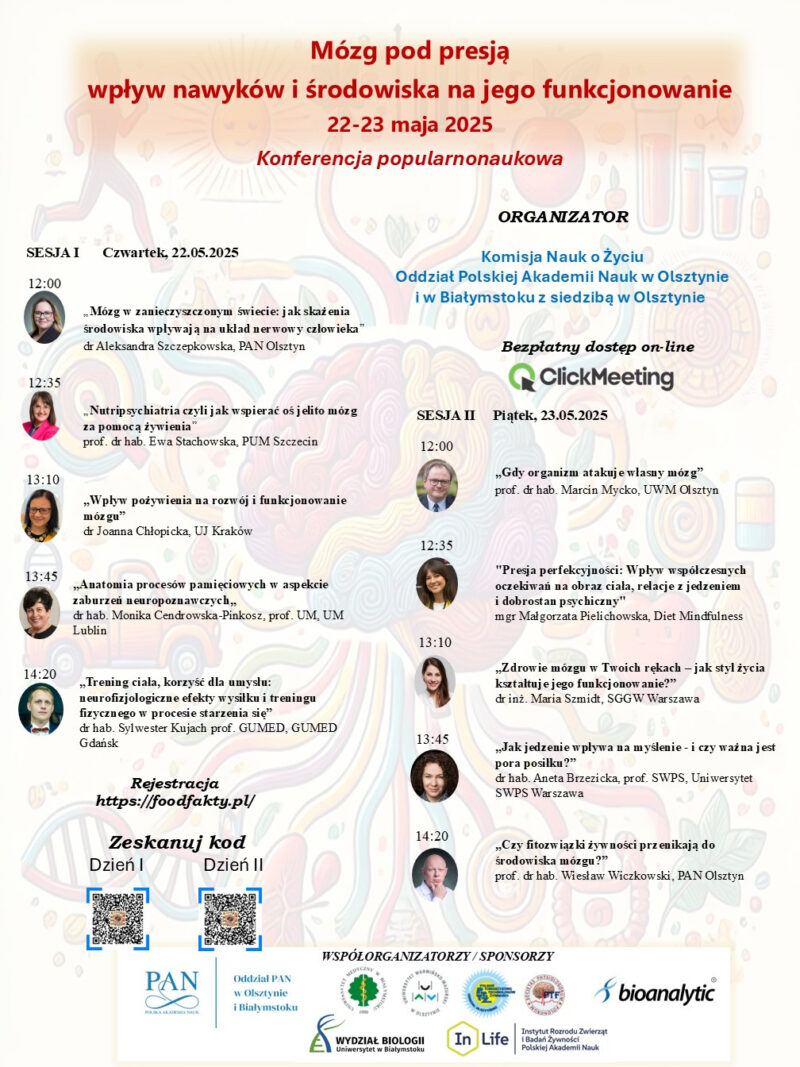The Institute of Animal Reproduction and Food Research of the Polish Academy of Sciences in Olsztyn announces a competition for the position of:
Assistant professor (post- doc position)
in the Molecular Biology of Reproduction Team, in the research project: „Three-dimensional in vitro endometrial model for studying hypoxia-induced changes and maternal-embryonic interactions” financed by the National Science Centre (OPUS 28)
Description of tasks:
- developing a realistic three-dimensional model of the uterine mucosa, which will enable analysis of the influence of signals from the embryo on the molecular processes occurring during embryo implantation,
- investigating whether the embryo, as well as hypoxic conditions, can induce changes in the transcriptome of various endometrial cells and in the composition of proteins secreted by endometrial and trophoblast cells (secretome),
- planning and carrying out experiments, laboratory and statistical analyses, interpretation of obtained results, preparation of presentations and scientific communications, writing scientific publications on the conducted research.
Conditions of employment :
- employment type: fixed-term full-time employment contract,
- planned employment period: 36 months,
- a salary of approximately PLN 9,700 gross per month,
- place of work: ul. Trylińskiego 18, Olsztyn, Poland,
- start date: August 2025 (negotiable).
Information about working conditions and career development prospects:
The implementation of the above tasks will significantly enhance the candidate’s scientific expertise in researching mechanisms and factors underlying successful pregnancy development in mammals. The position offers substantial opportunities to develop skills in 3D in vitro culture methods and molecular biology techniques, with a particular focus on transcriptomics, proteomics, and epigenetics.
We offer:
- stable employment in a renowned scientific institute of the Polish Academy of Sciences,
- research-focused position with no teaching obligations,
- opportunities for professional development, including international collaboration and training in molecular biology techniques,
- friendly work atmosphere and support of an experienced team,
- access to state-of-the-art research infrastructure,
- employee benefits, including co-financing of Multisport card activities via the Company Social Benefits Fund.
Qualification requirements:
- a PhD in biological or related sciences (awarded no earlier than 12 years before the year of employment in the project, with possible extensions for long-term medical leave or parental/caregiving absences),
- good knowledge of the biology of animal reproduction, documented by own research (in the form of a doctoral thesis, publications from the JRC list and presentations at scientific conferences),
- scientific achievements expressed as co-authorship in scientific publications indexed in the Journal Citation Reports ; including first author in at least 2 publications in journals indexed in JRC,
- experience, confirmed by scientific achievements, in the use of molecular biology methods (including the study of the global gene expression profile, RNA and DNA isolation, Real Time PCR, Western Blot ), proteomic analyses , microscopic techniques (immunohistochemistry , immunofluorescence, confocal microscopy), and hormone determination using ELISA,
- ability to independently plan and conduct in vitro experiments, especially involving primary reproductive tissue and cell cultures,
- preferred: Experience in isolation and culture of porcine endometrial primary cells (luminal epithelial, stromal), trophoblast cells and/or in vitro 3D cell cultures and/or spatial transcriptomics analysis,
- proficiency in software tools used for transcriptomic and proteomic data analysis,
- research internship abroad in a scientific institution,
- participation in at least one externally funded research project,
- very good command of English, sufficient for effective communication, preparation of scientific publications, and presentations at international conferences.
Further eligibility criteria are outlined on the NCN website – OPUS 28 regulations, Annex to Resolution No. 84/2024 of the NCN Council of 5 September 2024.
Required documents:
- copy of the PhD diploma,
- academic CV including: (1) education, (2) research achievements including publications and conference communications, (3) accomplishments from scientific research, fellowships, awards, scientific experience, workshops and/or training, participation in research projects, and (4) a list of laboratory techniques used,
- motivation letter,
- reference letter from the PhD supervisor and/or current employer confirming relevant skills,
- document confirming a research internship abroad,
- summary of the PhD thesis,
- other documents relevant for application assessment.
Application deadline and submission:
Please send your application via email to: a.waclawik@pan.olsztyn.pl (Subject line: “Application for Assistant Professor position in OPUS-28 project”).
The application deadline is July 16, 2025, at 12:00 p.m. (noon, CET).
Selected candidates will be invited for an interview.
The results will be published on the Institute’s website.
In the submitted documents, please include a clause of consent to the processing of personal data by us in the recruitment process:
„I consent to the processing of my personal data contained in the application documents by the Institute of Animal Reproduction and Food Research of the Polish Academy of Sciences in Olsztyn with its registered office 10-683 Olsztyn, ul. Trylińskiego 18, in order to carry out the recruitment process and publish the full competition results on the Institute’s website.
Information clause:
- The administrator of personal data processed as part of the recruitment process is the Institute of Animal Reproduction and Food Research of the Polish Academy of Sciences in Olsztyn with its registered office at 10-683 Olsztyn, ul. Trylińskiego 18, tel. 89 500 32 00, e-mail: institute@pan.olsztyn.pl .
- Contact with the personal data protection officer is possible at: iodo@pan.olsztyn.pl.
- The provided personal data will be processed for the purpose of implementing the current recruitment process and stored until its completion based on the consent given (in accordance with Article 6(1)(a) of the GDPR).
- The data subject has the right to withdraw consent at any time without affecting the lawfulness of processing based on consent before its withdrawal.
- The data subject has the right to access his or her personal data, request its rectification or deletion. Submitting a request to delete data is tantamount to resigning from participation in the recruitment process. In addition, she has the right to request restriction of processing in the cases specified in Art. 18 GDPR.
- The data subject has the right to lodge a complaint with the President of the Personal Data Protection Office regarding unlawful processing of his or her personal data. This body will be competent to consider the complaint, however, the right to lodge a complaint only concerns the lawfulness of the processing of personal data and does not concern the recruitment process.
- The data provided will not be subject to profiling or made available to entities or third countries. The recipients of the data may be institutions authorized by law.
- Providing the data contained in the recruitment documents is not obligatory, but it is a necessary condition for participating in the recruitment process.
